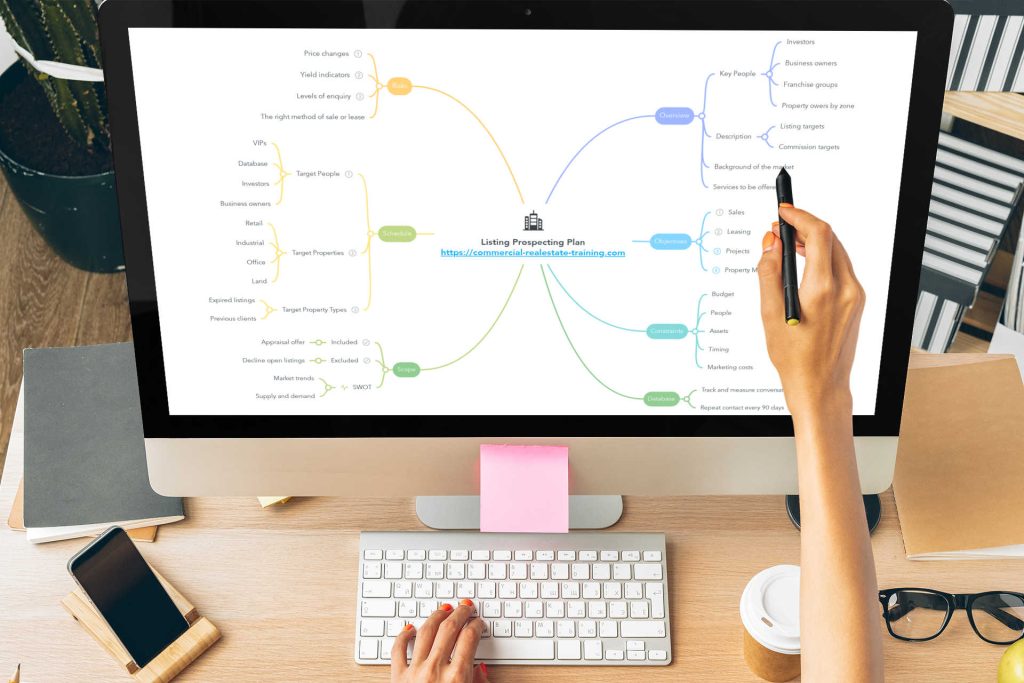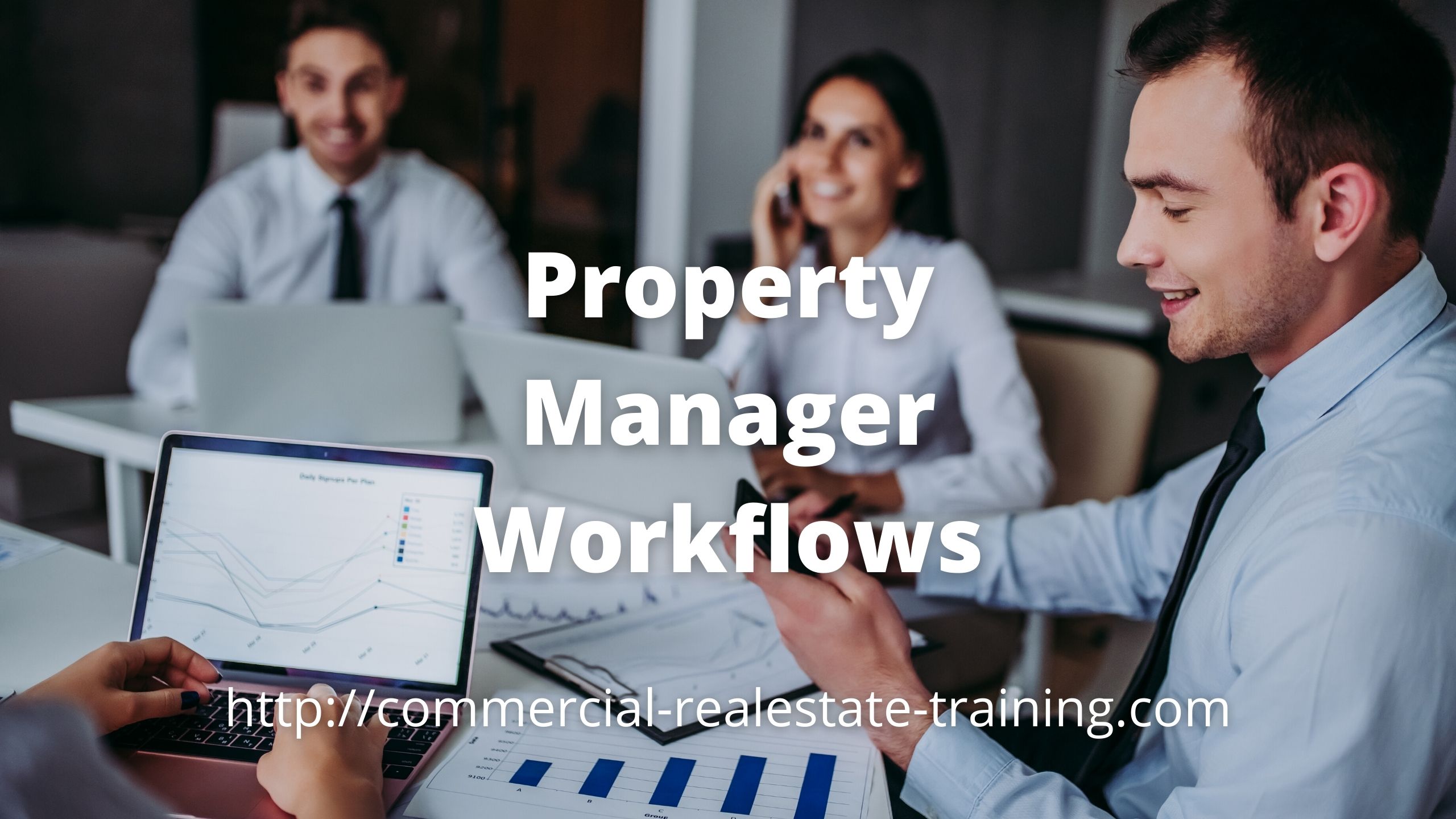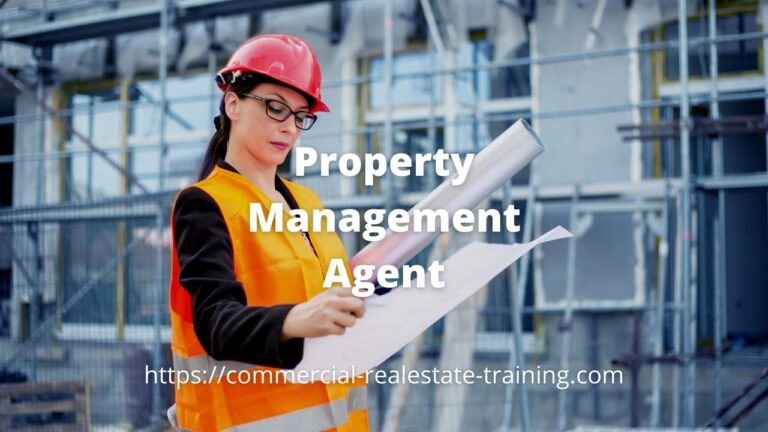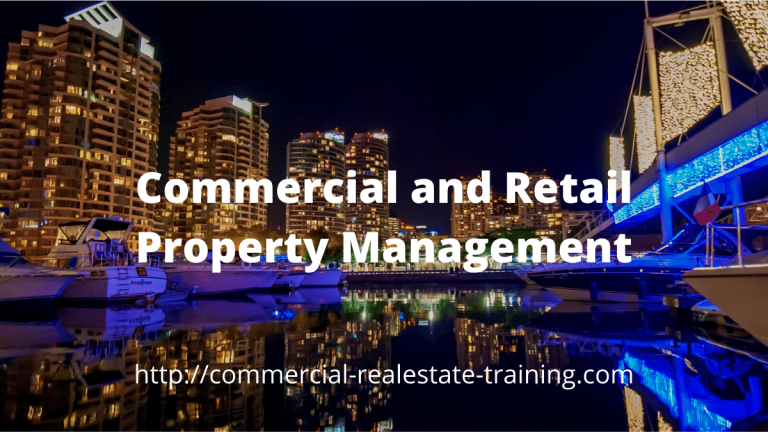Essential Rent Roll Growth Strategies in Commercial Real Estate
Commercial and retail property management are the parts of the property industry that are special in so many ways.
Managing a property today should not be taken lightly; the complexities of commercial and retail property are many. Controls and strategies are required. That is where the ‘professional property manager’ is a business advantage.
It takes real skill and knowledge to do things properly; that then means good people. It’s not just about collecting rent and maintaining the property for the end ‘users’. Good people are required to control tenants, improve the investment, resolve vacancies, and optimize the cash flow.
There are many other things to do and systems to implement in commercial and retail property management to improve the investment over time. The asset manager must have the experience and skill to resolve the requirements of the property and their clients.
Focus in Facts
What is the focus? The discipline of working in or with the property management section of your real estate business is thereby significant. If you are to have any chance of competing in the industry locally and holding your managed properties for the long term, there are things to consider and implement.
Here is a fact worth remembering. Your competitors locally are seeking to win your real estate business, your property managements, and your clients. There is a great brokerage value in the growth of a property management portfolio. Professionalism is required, and portfolio protection is wise.

Build a Professional Service ‘Fence’
Where can you start? Today, there are the core requirements and systems of property management that apply and underpin everything. Those focus areas include:
- Vacancy minimization and strategic leasing
- Lease management and negotiation
- Tenant controls and monitoring
- Rental collection and arrears management
- Tenant mix optimization
- Property maintenance budgets and contractor management
- Facility management
- Financial budgets and controls
- Building compliances
- Health and safety matters
- Landlord services and reporting
- Due diligence, etc
The list can be lengthy and that then is impacted by the property type, the location, and the tenant mix. All these factors can be expanded to levels of systemization and reporting. That is where professional property management reaches a new level.

Rent Roll Strategies for You
So, if you are going to be ‘competitive’ in your location with the commercial and retail property management services that you offer, some special strategies are required. Pitching and presenting your property management services is a special process. What can you talk about? Think about some of these for starters:
- Go deeper into all matters of control and negotiation in the property. Look for all the variables that could impact property performance over time. Strategies can then be worked out and implemented. Know the client and their investment requirements.
- Income strategies apply to every lease and tenancy situation. Look for ways of stabilizing and then improving the rental income in the property and across the tenancy mix over time. Set budgets for your plan and merge into that a landlord income focus. Know the differences between net and gross income; improve both.
- Expenditure controls are wise because you will be spending plenty of ‘landlord money’ in the property across rates and taxes, maintenance, capital improvements, and day to day issues. Start the financial year with a budget in mind for expenditure. Create the budget with due regard to the property configuration, age, maintenance, and tenant mix.
- Lease documentation rules and strategies apply in any managed property. You have the different leases that nominate obligations on the tenants and the landlord. Study the documents so you know what is happening with all tenants and lease occupancy situations.
- Tenant controls are essential to keep the day to day operations happening correctly and safely so. A retail property or shopping center is a good example of the tenant variables and ‘intensities’ that need to be managed.
- Cash flow opportunities change during the year. Income and expenditure pressures will fluctuate. Watch the income numbers and the changes in each category. Work your property finances to a budget. Establish some cash flow reporting systems on a weekly, monthly, and quarterly basis.
- Risk management controls are necessary as parts of the property could be potentially unsafe or non ‘code-compliant’.
- Communication systems should be struck and implemented with the tenants and the landlord. Know how you are to connect with all the stakeholders in the property.
Best practice strategies apply to commercial and retail property management. How competitive can your real estate management systems be, given best practice systems and controls?
Systems are important for you to be competitive in your industry in your location. Professional property management systems are commonplace today.
Ensure that you have the best systems in place and grow your portfolio and client list comprehensively. Work deeply for the landlords that you serve.
Retain the properties that you have now with a strategy of knowledge and excellent service.







